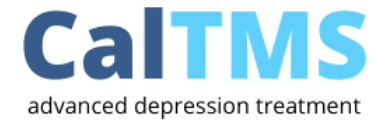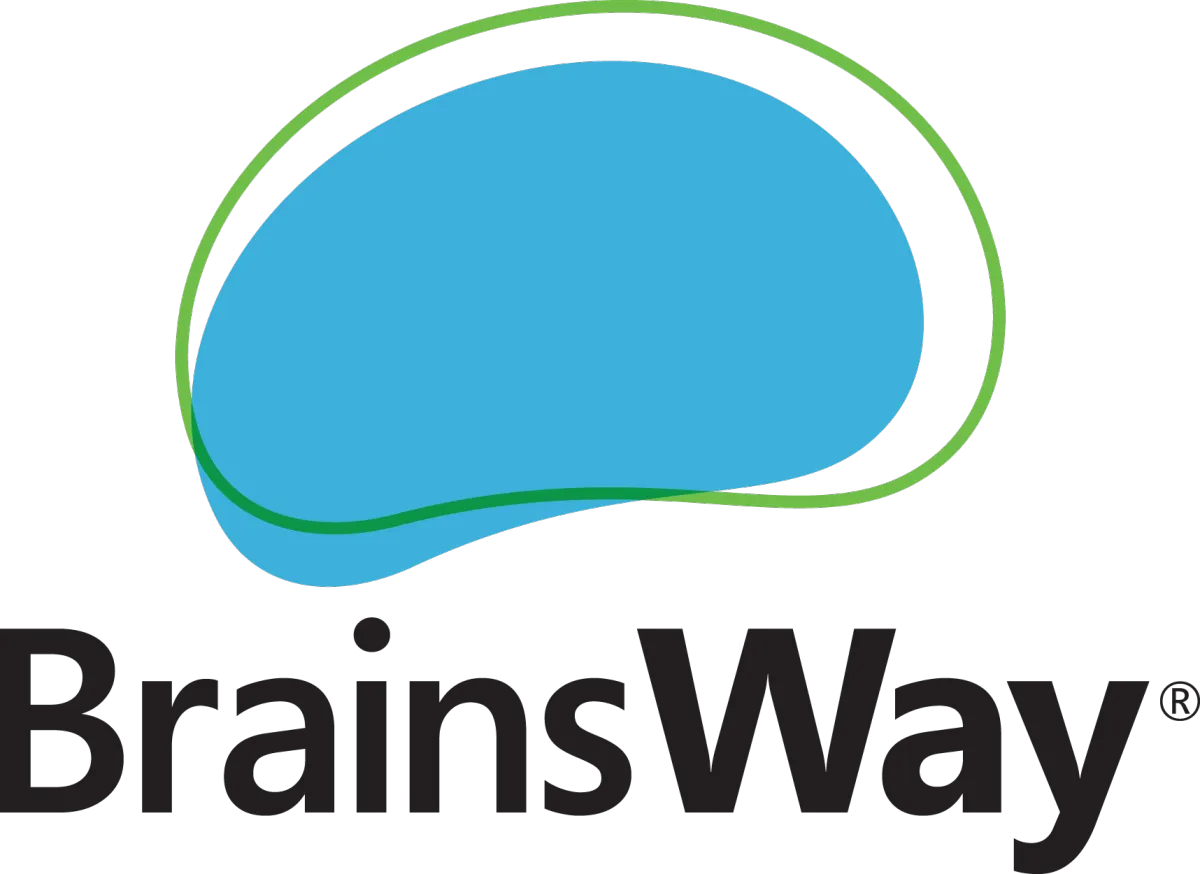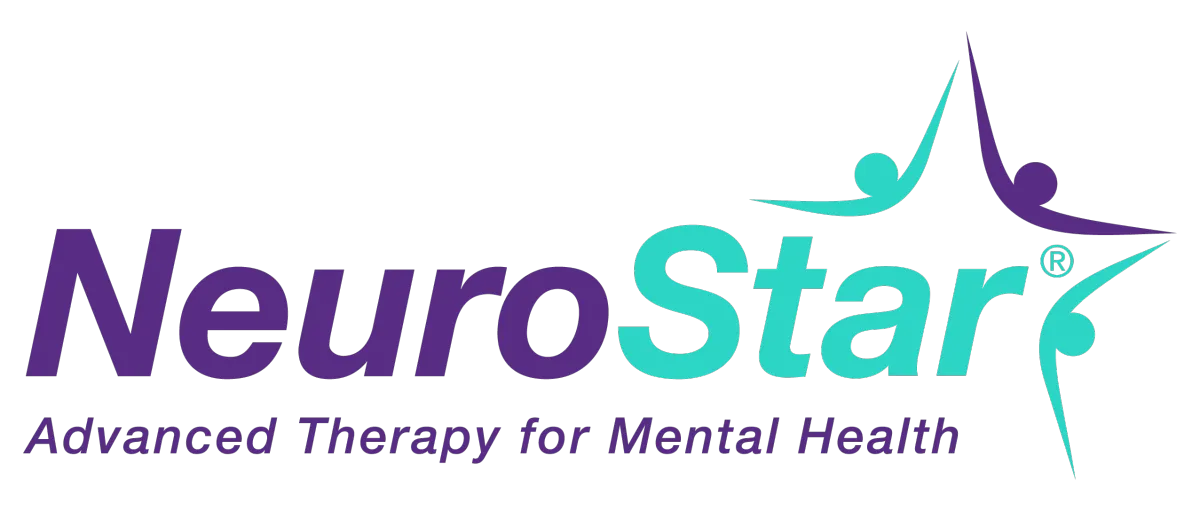What is TMS?
February 17th, 2023
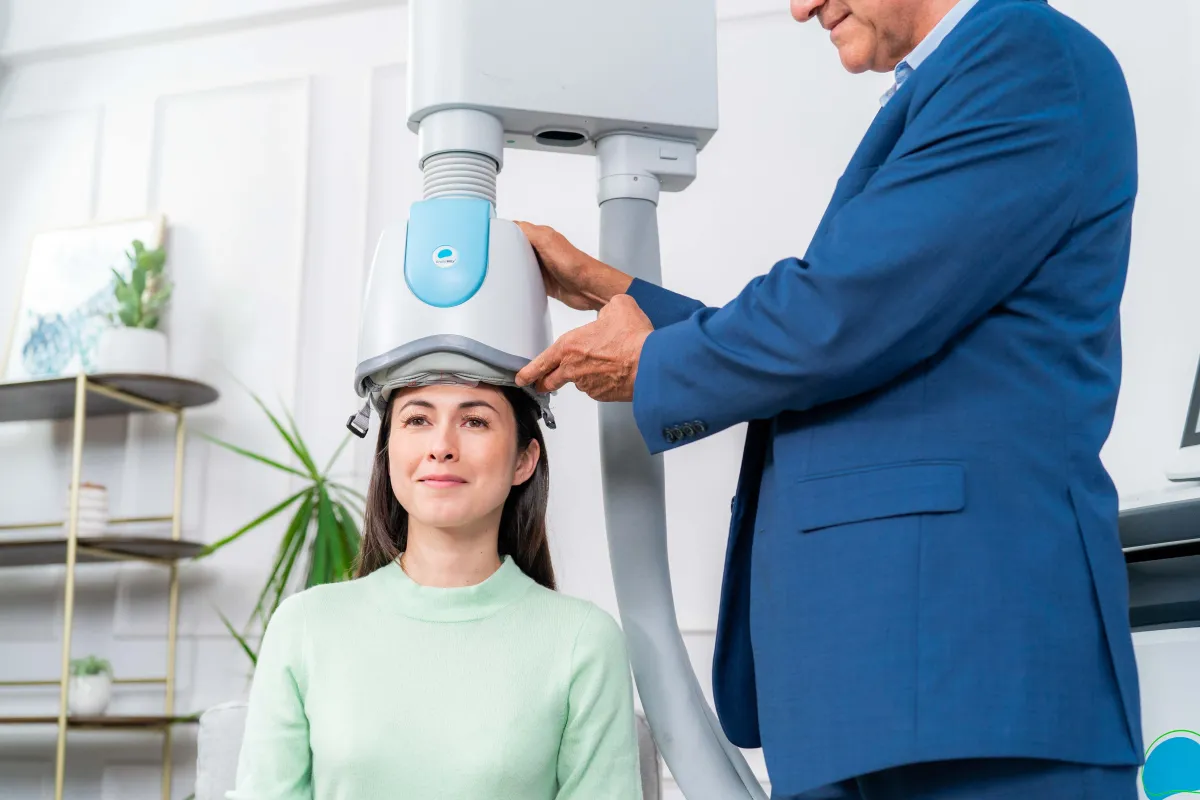
Transcranial Magnetic Stimulation (TMS) is a non-invasive procedure that uses magnetic fields to stimulate nerve cells in the brain. It has gained popularity in recent years as an effective treatment for several neurological and psychiatric disorders. In this blog post, we will explore TMS in-depth, its benefits, what it typically treats, and other essential information.
How does TMS work?
TMS uses a magnetic field to induce electric currents in the brain. The procedure involves placing an electromagnetic coil on the scalp near the area of the brain being targeted. When the coil is activated, it generates a magnetic field that passes through the skull and stimulates nerve cells in the brain.
TMS is typically performed over several sessions, with each session lasting between 20-40 minutes. The number of sessions required depends on the condition being treated and the response of the patient. During the treatment, the patient remains awake and can carry on with their daily activities.
Benefits of TMS
TMS has several benefits, including:
Non-Invasive: TMS is a non-invasive procedure that does not require surgery or anesthesia, which means there is no risk of infection, bleeding, or other complications associated with invasive procedures.Few Side Effects: TMS is a safe procedure with few side effects. The most common side effects include mild headaches, scalp discomfort, and facial muscle twitching.Quick Recovery: Patients can resume their daily activities immediately after TMS treatment, making it a convenient option for those who cannot take time off work or school.Effective Treatment: TMS has been shown to be an effective treatment for several neurological and psychiatric disorders.
What does TMS treat?
TMS is FDA-approved for the treatment of Major Depressive Disorder (MDD), Obsessive-Compulsive Disorder (OCD), and Migraine Headaches. However, several studies have also shown TMS to be effective in treating other neurological and psychiatric disorders, including:
Anxiety Disorders: TMS has shown promise in treating anxiety disorders, including Generalized Anxiety Disorder (GAD), Panic Disorder, and Post-Traumatic Stress Disorder (PTSD).Schizophrenia: TMS has been used to treat symptoms of Schizophrenia, such as auditory hallucinations and negative symptoms.Parkinson's Disease: TMS has been used to treat the symptoms of Parkinson's disease, including tremors, rigidity, and bradykinesia.Chronic Pain: TMS has been used to treat chronic pain conditions, including Fibromyalgia and Neuropathic Pain.Stroke Rehabilitation: TMS has been used to facilitate stroke rehabilitation by promoting neuroplasticity and enhancing motor recovery.
Is TMS right for me?
If you are struggling with a neurological or psychiatric disorder, TMS may be an effective treatment option for you. However, TMS is not suitable for everyone, and it is essential to consult a healthcare professional to determine whether TMS is appropriate for you. TMS is generally not recommended for people with implanted metallic devices, such as pacemakers, cochlear implants, or aneurysm clips.
In conclusion, TMS is a safe, non-invasive procedure that has shown promising results in the treatment of several neurological and psychiatric disorders. If you are struggling with a condition that TMS may help, consult with a healthcare professional to determine whether TMS is an appropriate treatment option for you.
Not sure if you need any of this?
Not sure if you need any of this?
Find out by taking this short assessment
Secure and confidential.
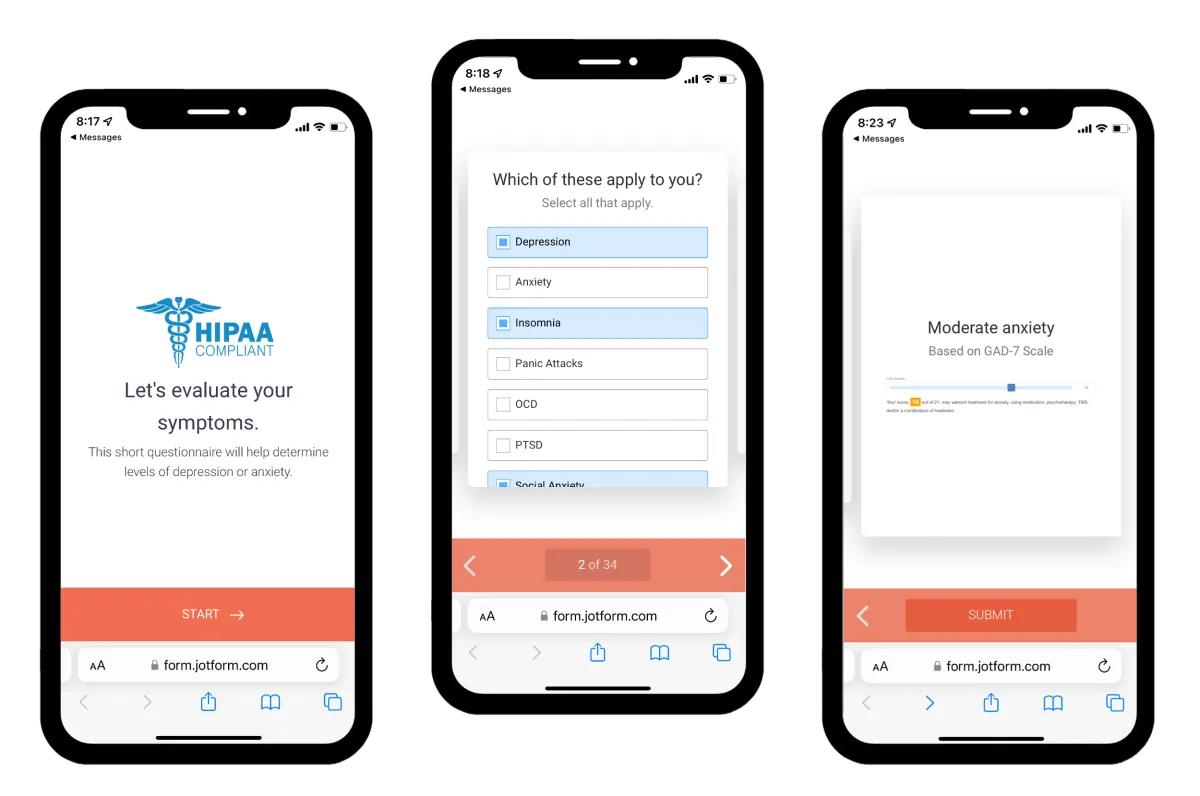
Or
Contact Info
Address: 2300 Boswell Rd #235
Chula Vista, CA 91914
Email: CalTMS@yashhealth.com
Phone: (619) 596-9890
Fax: (619) 596-9893
Business Hours
Mon-Fri: 8am - 4pm
Sat/Sun: Closed
Insurances we accept
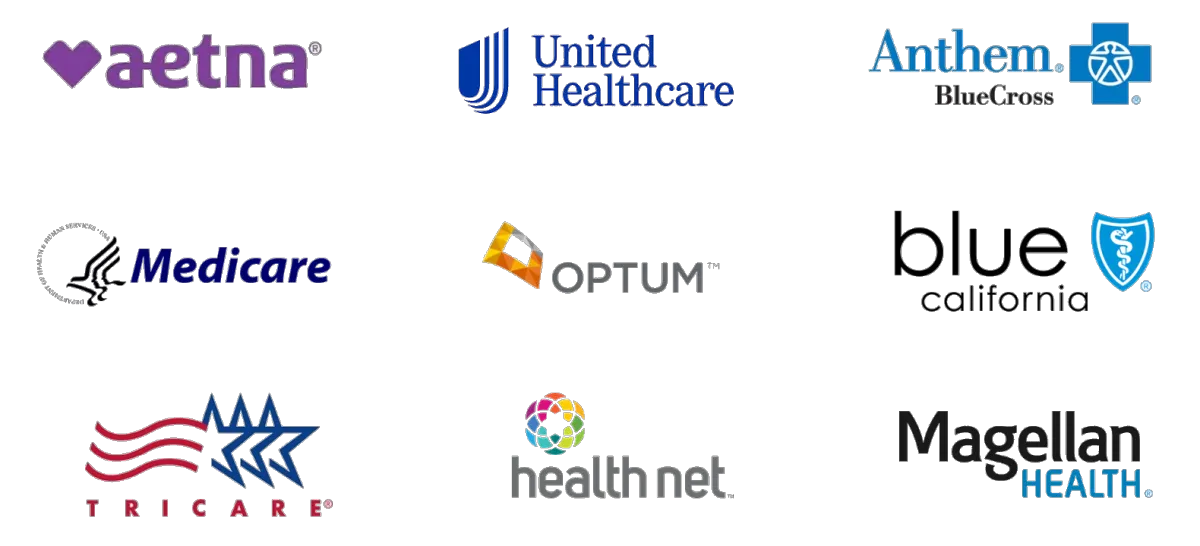
Ⓒ 2025 —caltms.com — All rights reserved

